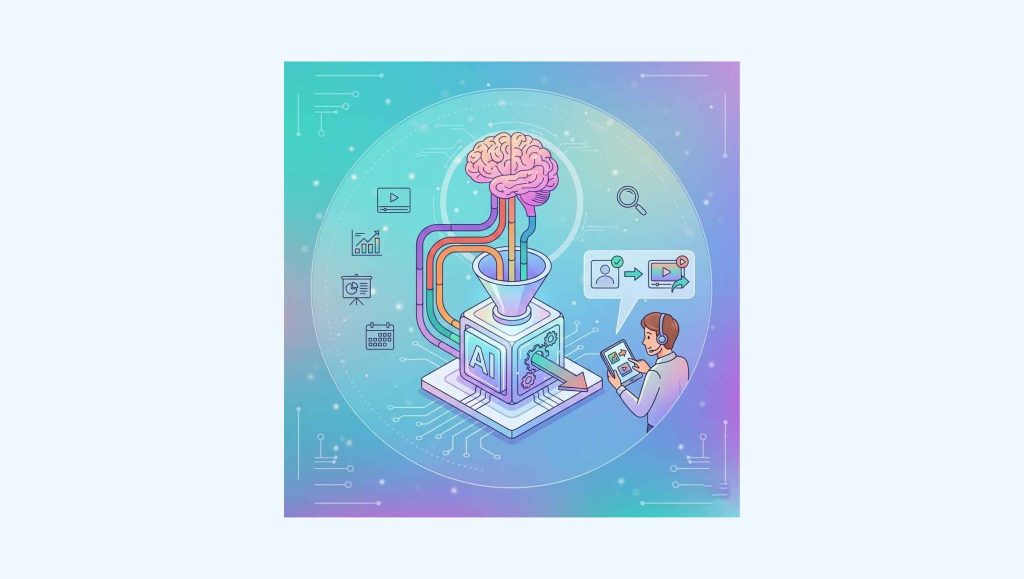Point B Inc., a consulting company that puts humans at the center of change, offers a forward look at 2021 industry and workplace experience to help organizations adapt to and recover from the disruption wrought by the global pandemic and recession.
” Firm offers insights in Healthcare and Life Sciences, Financial Services and Workplace Experience to help organizations prepare for continued disruption in 2021.”
Below are insights for consideration in 2021:
Healthcare and Life Sciences
Organizations need to create a structured and agile approach to manage operational and financial impacts, which will be critical to long-term sustainability.
- Providers will continue to experience significant emotional and financial strain due to COVID-19. Patient volume is expected to remain well below baseline levels, which is accelerating the need to adapt business models and how patients access care – while keeping staff engaged and motivated. Organizations will continue to shift care delivery to lower-cost settings, leveraging tools such as telehealth and remote patient monitoring to improve access and patient experience.
- Organizations will start to redefine the workplace experience to address changing care delivery models and clinician and staff burn-out, which will require new ways of engaging and supporting the workforce.
- Healthcare organizations will seek partnerships and/or will acquire capabilities to position their brand as an essential and trusted player in the healthcare ecosystem. COVID-19 has accelerated the need for the healthcare community to work collaboratively, resulting in unique partnerships and traditional mergers and acquisitions.
- Life sciences organizations will accelerate management of decentralized clinical trials through adoption of new technologies and processes that improve recruitment, data quality, and the patient experience. With pipelines brimming with promising treatments, companies will look for ways to more effectively and efficiently commercialize and launch new products – and they’ll do so while adaptively managing complex manufacturing networks and supply chains.
Read More : SalesTechStar Interview with Scott Lasica, Chief Sales Officer at Stream
Workforce Experience
Organizations preparing and adjusting for the next normal will need to embrace and balance all parts of the workplace experience – human, machine, physical, and digital.
- The hybrid workforce is here to stay. As companies take a closer look at their post-pandemic workforce, many are revealing plans to allow for permanent remote or flexible work. Optimized processes, combined with effective digital tools and continuously-funded support models, will make the choice of an efficient work anywhere/anytime model a reality for all workers. Policies and training will need to evolve to support the new way of working.
- Companies will navigate a return to the new office. While employers will need to prioritize safety, they will also re-evaluate office size, location and space design. Fully digital conference rooms with improved layouts for remote integration will allow seamless collaboration between the in-office workforce and their remote co-workers, who themselves have modern, company-subsidized home or remote offices.
- Diversity Equity and Inclusion (DEI) has never been more important for organizations. Many companies are still struggling to understand how to begin a DEI program or mature existing programs. Hybrid workforce models and remote work add to this complexity in new ways. Companies will need to assess the current heath of their DEI practices, develop a DEI vision if they don’t already have one, and build a strategy and roadmap for implementation that includes specific goals and measurements.
Financial Services & Insurance (FSI)
The FSI industry was already facing numerous pre-pandemic challenges, including mounting pressures to consolidate, gain scale and meet the evolving expectations of customers and employees. In 2021, financial services leaders should look at ways to reduce costs, deliver sustainable savings, build resiliency and scale for healthy growth by developing a target operating model that includes the following:
- Investments in people, technology and the organization as a whole, ensuring those investments are made in the right digital and technology to remain competitive.
- Risk management and cost reduction programs or efficiency programs to increase effectiveness of their organizations.
- Scenario planning instead of traditional annual planning, factoring in what the organization would need to have in place to be effective in a specific scenario and identifying common threads in 2021 to be ready to act as scenarios present themselves.
- Innovative techniques in employee engagement due to the protracted nature of remote working. Companies will need to focus on employee’s digital, physical and social experiences to engage and retain workers in 2021.
Read More : Three Ways to Measure Whether Sales and Marketing Teams are in Sync





















